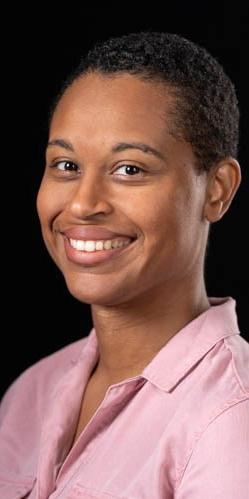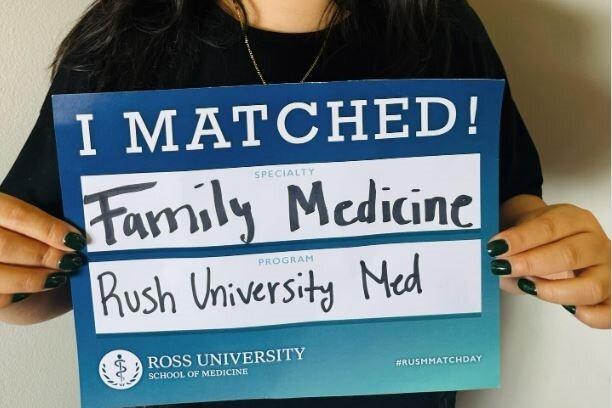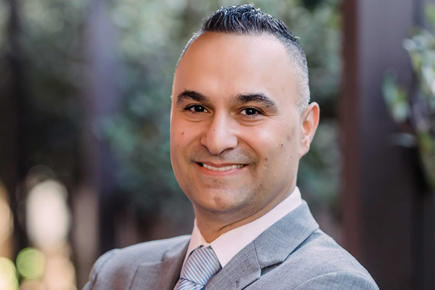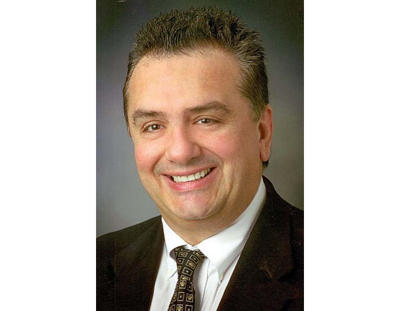As we battle another wave of COVID-19 infections, Ross University School of Medicine (RUSM) alumna Emily Shay, MD, advises people to change everyday habits, and urges fellow physicians to practice self-care to sustain pace in this grueling medical environment.
“We have to shut our brain off and take time for ourselves if we’re going to successfully care for other,” suggests Shay, who admits to self-motivating herself to follow suit with meditation and an exercise regimen. “I read a lot of medical literature and now I’m cutting back to read more leisurely pieces. We all have to find a way to unplug and reset our minds and bodies to stay mentally healthy. It will pay dividends going forward.”
Shay, a specialist in critical care medicine and infectious diseases, is baffled at the overall resistance to practice social etiquette such as wearing masks. “We’re not following simple tasks that are necessary to protect each other against this extremely transmissible disease that is a global issue. Because of that, large numbers of people are dying.”
Unified Front
If we all band together to enforce mask wearing, social distancing and hand washing, Shay believes we could avoid catastrophic results during the pending winter months. “We could stop the numbers from climbing” as we await a vaccine.
Shay says the pandemic will start to retreat once enough people are infected or vaccinated. Her concern is its continuance to circulate disproportionately among certain races such as Black, Latino and Native American populations. And her long-term hope is to lessen the disparity, starting with a general awareness of the mental toll it will take on these groups. “There’s a lot linked to socio-economic status. These populations typically live in multi-generational households and in urban areas. The workers in these families don’t have the luxury of working from home and can’t afford to miss work. They are exposed at work and could bring the virus back home. These groups are also more prone to chronic illnesses such as hypertension, diabetes, obesity, and chronic lung diseases. Additionally, they don’t necessarily have access to proper healthcare infrastructure or proper knowledge about their health, live in food deserts or simply can’t afford to make healthy food or lifestyle choices. For many, there is often a decision among the rent, lights and food on the table versus a 30-day supply of medication.”
Trying Time
The pandemic has also wreaked havoc on those suffering from drugs and alcohol as well as other mental-health issues, according to the Kaiser Family Foundation, a nonprofit organization that focuses on national health issues. “People are staying inside and turning to things that offer them comfort,” Shay said. “It’s a traumatizing time, which is why it’s vital that we keep advocating for mental health for everyone including healthcare workers. Physicians don’t think about the mental and emotional toll and the affect it’s having on how they interact with patients and their own families.”
Born in Jamaica, Shay moved to Vancouver, British Columbia, at a young age. Always interested in helping others, the avid reader knew medicine was in her future, and vividly recalls that ‘a-ha’ moment during her first days at RUSM.
“I recall walking past the classrooms, toward the beach by myself, and a sense of complete sureness and peace settled over me. I knew — right then and there — that everything in my past had led me to that exact moment and that no matter what happened going forward, I was exactly where I should be.”
Appreciative and Thankful
We appreciate your commitment to the continued well-being of our RUSM community and support during this unprecedented time.




